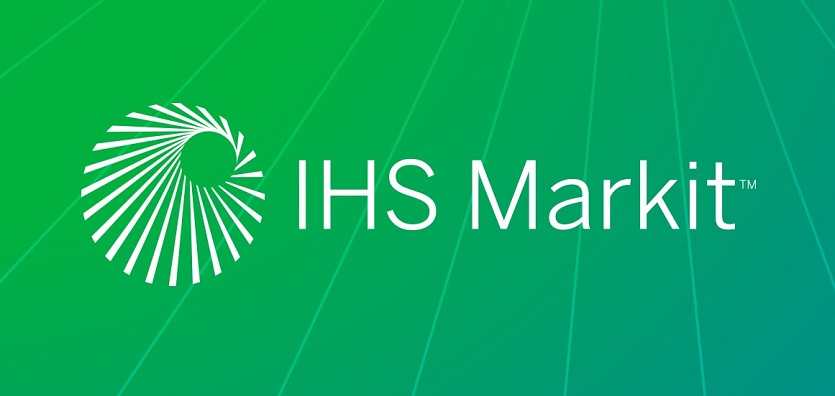
Alison Evans, senior analyst at IHS Markit
North Korean Supreme Leader Kim Jong-un and US President Donald Trump are scheduled to meet for the second time on 27 and 28 February in Hanoi, Vietnam. It will follow their first meeting in June 2018 whose resulting joint statement included a commitment by North Korea “to work towards the complete denuclearisation of the Korean Peninsula”.
IHS Markit assesses that if the summit goes ahead, a declaration ending hostilities or at least an agreement to “work towards” peace would be likely. Such an agreement would support Kim’s domestic power-consolidation, and Trump’s assertion that he is responsible for neutralising the threat posed by North Korea (particularly ahead of his 2020 re-election campaign).
An agreement would be even more likely and could legally supersede the July 1953 Korean Armistice Agreement if Chinese President Xi Jinping were to sign as well. Motivations for Xi to sign a peace declaration would include to boost domestic support because of an economic slowdown, and because it would arguably shrink the justifications for US military assets and bases in South Korea. A slightly more probable scenario, however, is China delaying a peace treaty as leverage with the US in ongoing trade negotiations over the arrest of the chief financial officer (CFO) of Chinese telecoms giant Huawei.
Other probable outcomes of the summit include the establishment of a US-North Korea liaison office in Pyongyang and US approval of progress on inter-Korean project, such as connecting their railways networks, reopening the jointly operated Kaesong Industrial Zone or permitting tourists to North Korea’s Mount Kumgang resort. A main objective for North Korea is likely to be a relaxation of unilateral and United Nations Security Council (UNSC) sanctions that currently prevent these projects and other international activity. However, the US is more likely to offer temporary financial support and withhold substantial relaxation of sanctions until more specifics are agreed in working-level talks.
Probable concessions by North Korea include providing some details of its nuclear inventory, such as the number and type of weapons. Another apparent concession would include a prestige visit by an international expert (more probable than a formal inspection) to the Yongbyon Nuclear Scientific Research Centre (NSRC), which produces uranium and plutonium for nuclear weapons. Even if it were to suspend operations at the Yongbyon NSRC or dismantle the 5MWe reactor responsible for plutonium production, North Korea is highly unlikely to commit to any permanent reduction in its capabilities at the summit. Despite being unlikely, North Korea could agree to hand over a limited number of its nuclear weapons to a neutral third party, such as Russia or the United Kingdom. North Korea remains unlikely to reduce its long-range missile programmes that are less visible and publicly less well-understood, such as “secret” production sites or the Transporter-Erector Launchers (TELs) used to launch missiles. Nonetheless, diplomacy is likely to continue as long as North Korea takes actions that appear to reduce its capability.






